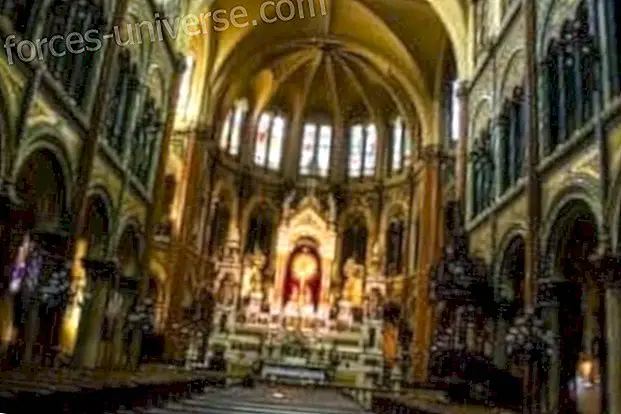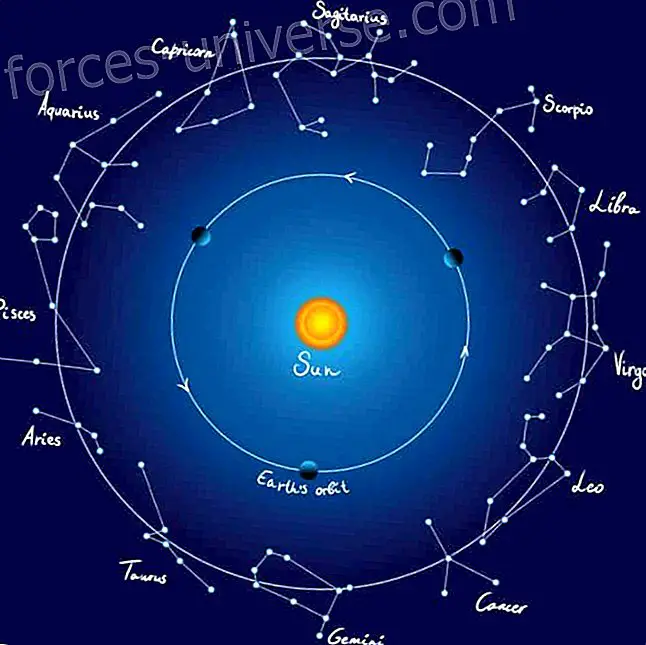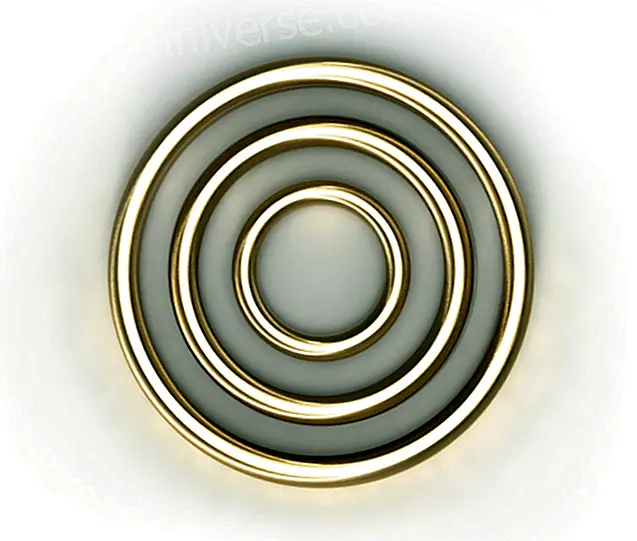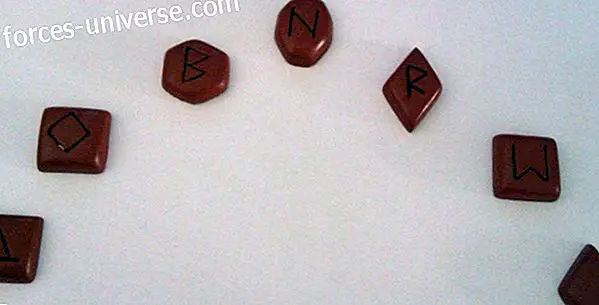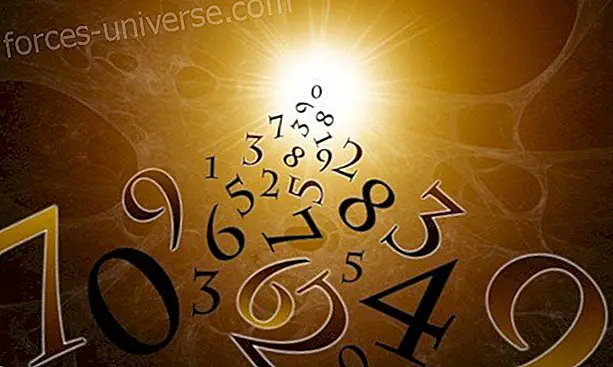Samos is in Buddhism the constant cycle of birth and death driven by karma generated by the three roots of the unhealthy: appetite, aversion and ignorance.
This cycle of rebirths occurs in six realms of existence, which are the different levels of reality in which a soul is reborn after its death. S msara ends when he reaches nirvana.
The 6 kingdoms of S msara
The kingdoms of S msara must be seen as metaphors . It is necessary to understand that they are not visible life cycles.
According to Chogyam Trungpa, the 6 kingdoms of the Samsara could be both psychological mental states and physical cosmological realms .

The psychological state of a person in his life creates the nature of the next rebirth according to his own karma, which is caused by longing and ignorance.
Higher Realms (Good)
- Manusya : the Kingdom of Human Beings
- Devas : the Kingdom of the Gods
- Asuras : the Kingdom of the Demigods
Lower Realms (Wicked)
- Tiryag-Yoni : the Kingdom of Animals
- Preta : Kingdom of Spirits or Ghosts
- Naraka : Kingdom of the Beings of Hell
Manusya, the Kingdom of Human Beings
The Kingdom of Human Beings is where people live and is governed by desire, doubts and passion. This is the kingdom perceived as more apt to reach nirvana and end the cycle of birth and death, as it has many possibilities for development.
The human kingdom is a mental world, but people often know the other kingdoms and long to live in one that offers other pleasures, such as the kingdom of the Gods.

Asuras, the Kingdom of the Demigods
Asuras is the second kingdom of Sámsara, the world of battle, rationalization and jealousy, since in this kingdom one lives better than in the human, but the existence of the Devas is envied.
The kingdom of the Demigods is a world in which one lives with a warrior mentality, militarized and full of suspicion, as well as comparisons.
Devas, the Kingdom of the Gods
Devas is divided into 26 sub-kingdoms . It is the kingdom of happiness and also of pride. Those who inhabit it are mythological beings, but mortal, since the Buddhist tradition does not believe in omnipotent gods.
This is a kingdom based on the pleasures that lead to attachment . It is also based on the ego and in which one lives constantly fleeing from failure and trying to achieve success, in a fight that alternates fear and hope. If success is found, it will be pleasant to live in it, but if it fails, this means that happiness is never achieved.
Tiryag-Yoni, the Kingdom of Animals
This is a kingdom in which non-human creatures live based on prejudice . Animals survive more sincerely than humans and yet do not take into account any kind of subtlety.
This kingdom is considered similar to the infernal kingdom, because animals in Buddhist texts must be driven by their instincts, take advantage of each other, suffer and cause suffering.
The animal mentality tends to move forward regardless of the value, usefulness or consequences of its actions.
Preta, the Kingdom of the Ghosts
Preta is the kingdom inhabited by hungry ghosts who do not have the ability to enjoy the pleasures of food and drink, no matter how much they eat and how much they drink. This is a world based on unfulfilled desires and possessiveness.
Here dissatisfied entities live to those who do not reach any type of consumption. They are selfish and hoarders who always want more, feel miserable and always believe that something is missing.
Naraka, the Kingdom of the Beings of Hell
Buddhists believe that hell is a place of very intense experiences, but not torture as the vision of Christian hell.
The kingdom of hell is the lowest of the kingdoms, but it is there temporarily and not for all eternity. Once the person is released from his karma, he will leave .
According to Buddhism, there is no immutable soul that transmigrates from one life to another as in Hinduism . Buddha had great difficulty explaining how the rebirth occurs after the concept of "there is no me."
Scholars have affirmed that this lack of a self or soul does not mean a lack of continuity, since the passage from one kingdom to another occurs in the same way that a candle transfers its flame of fire to another.
Theravada Buddhists claim that all rebirth is immediate, while Tibetan Buddhism believes that there is an intermediate state (bard) that can last up to 49 days before the rebirth.
Seen in Triskelate, by Pedro, editor of the White Brotherhood
https://triskelate.com/reino- del-samsara-Buddhism-Tibetan

